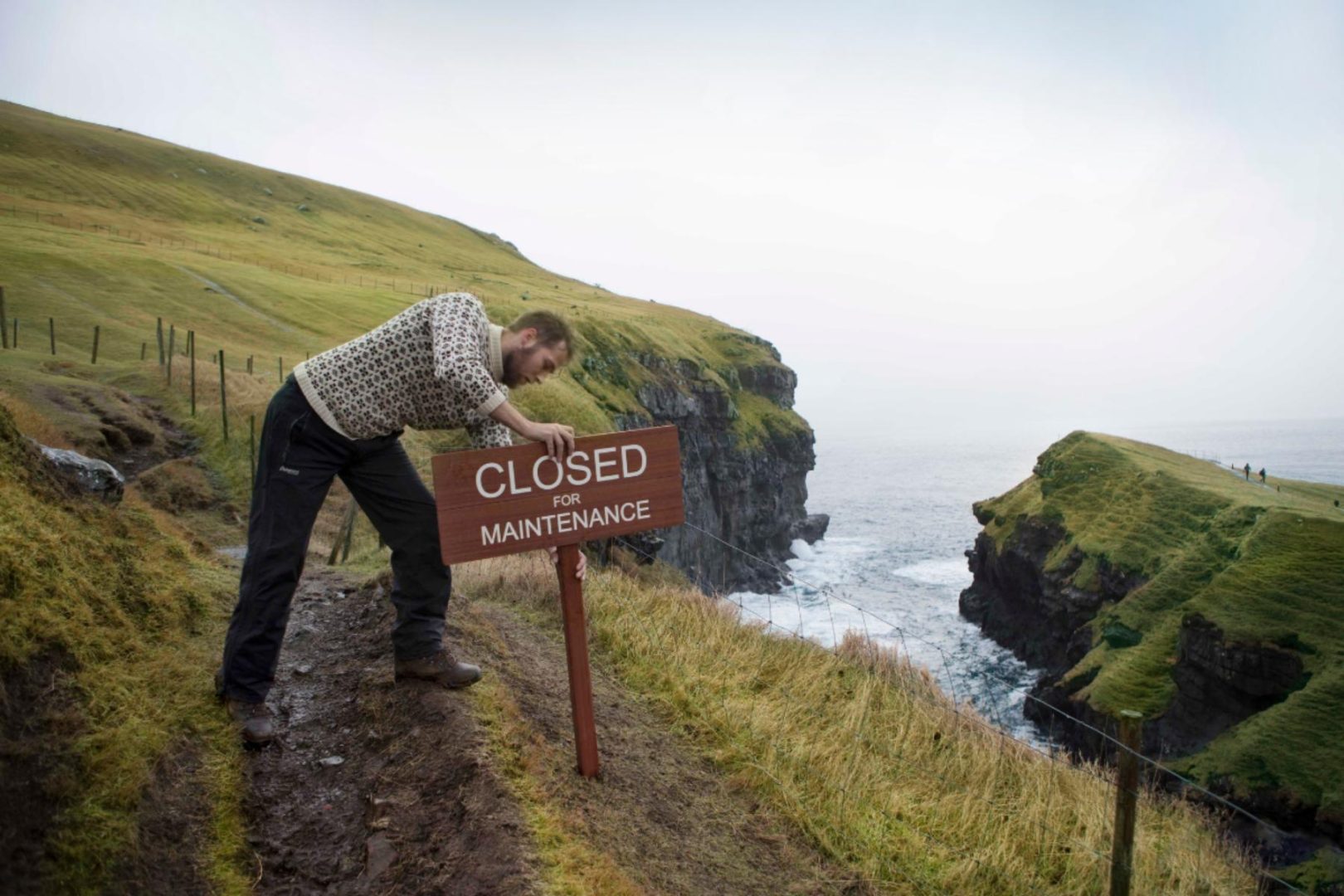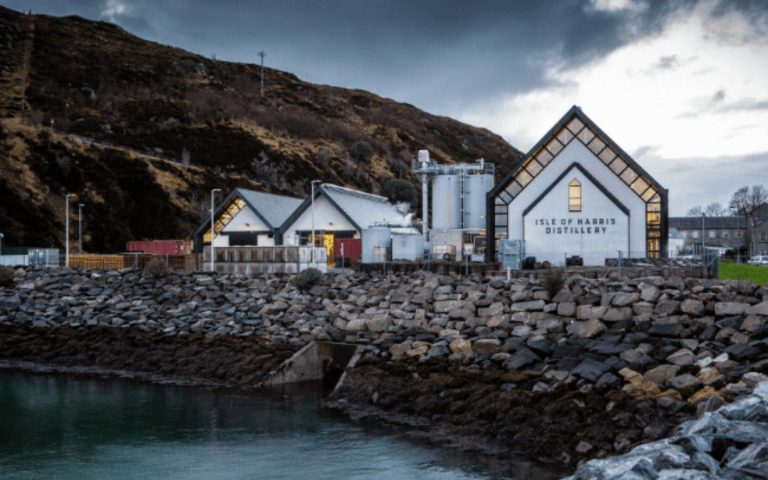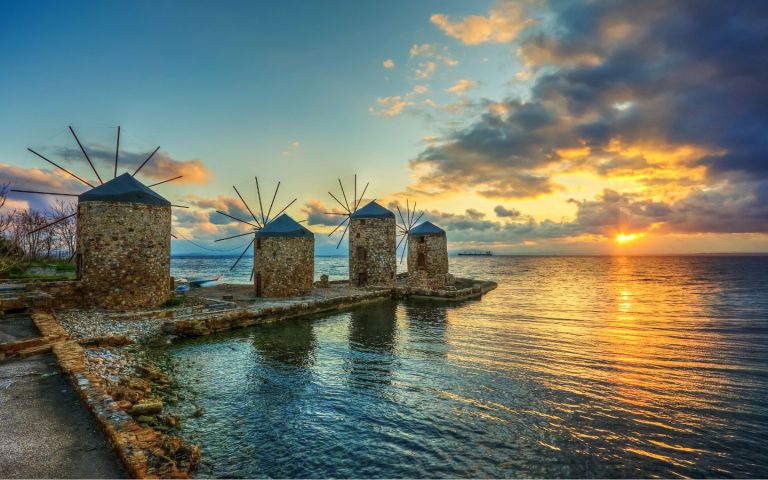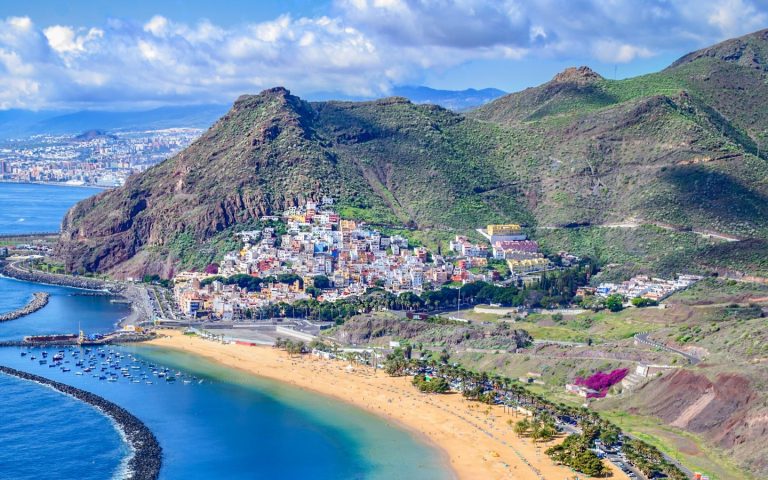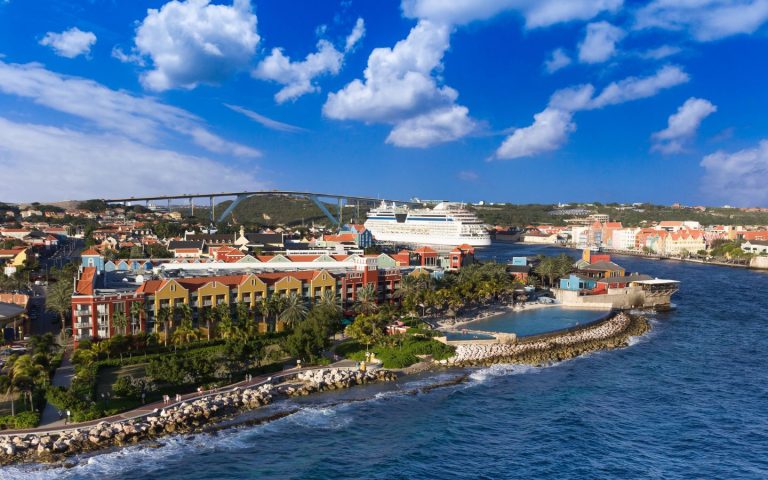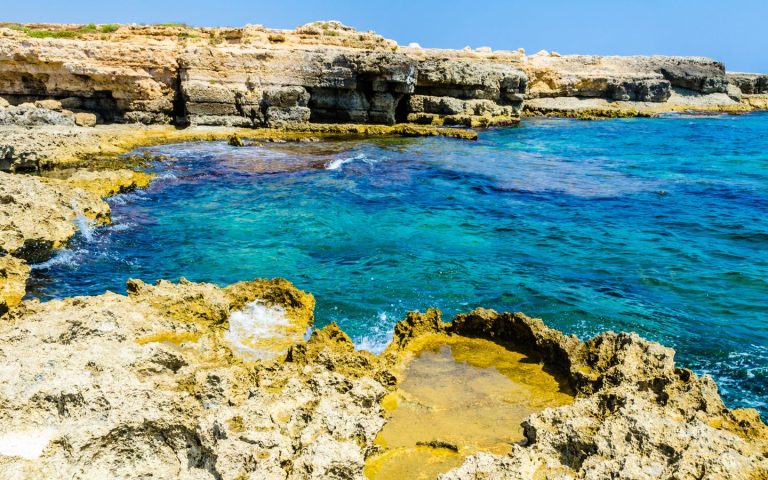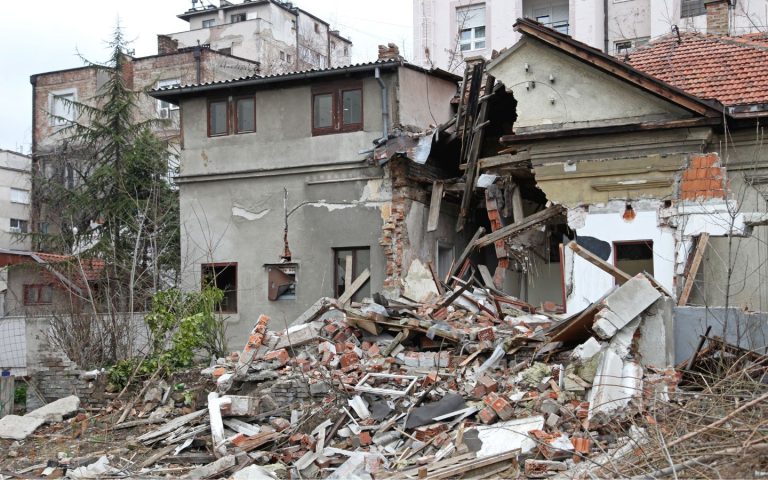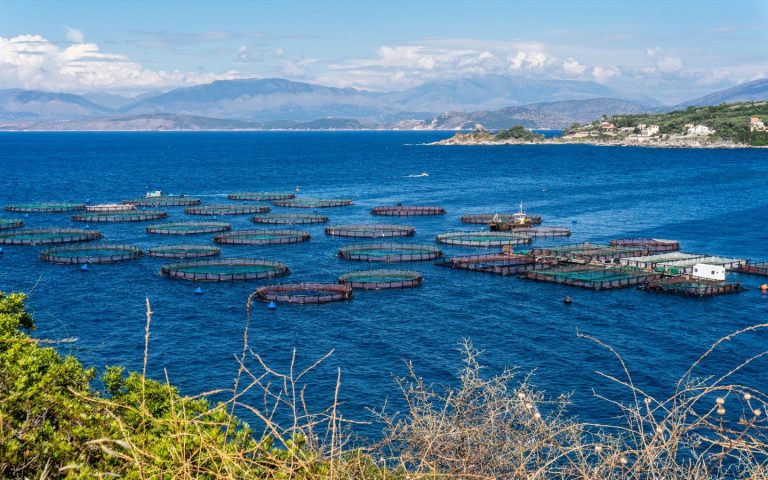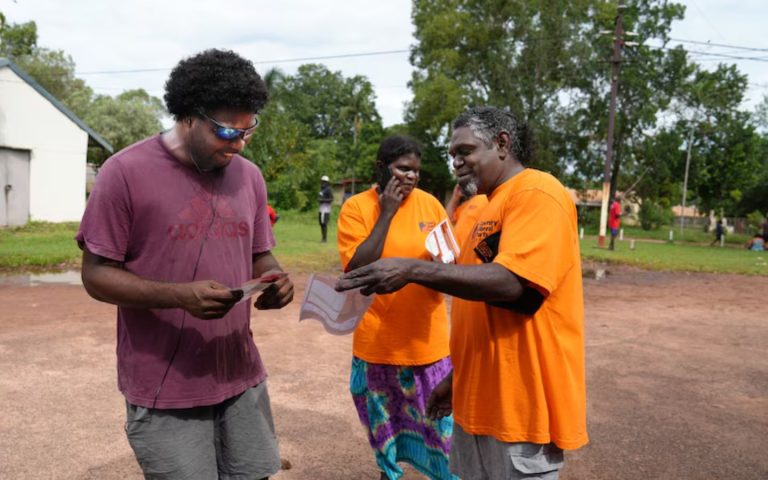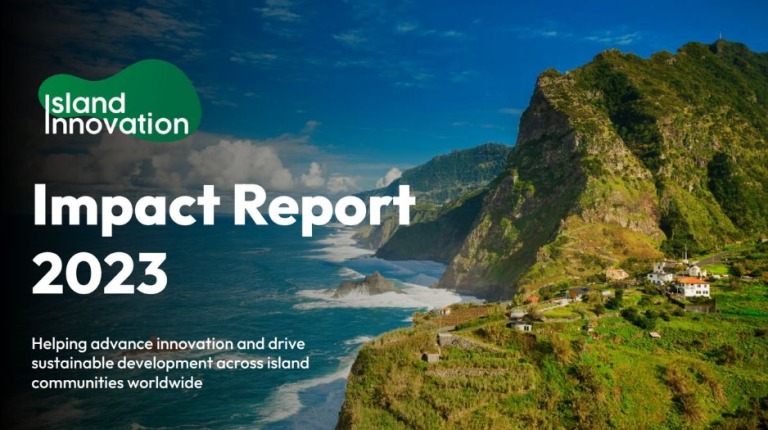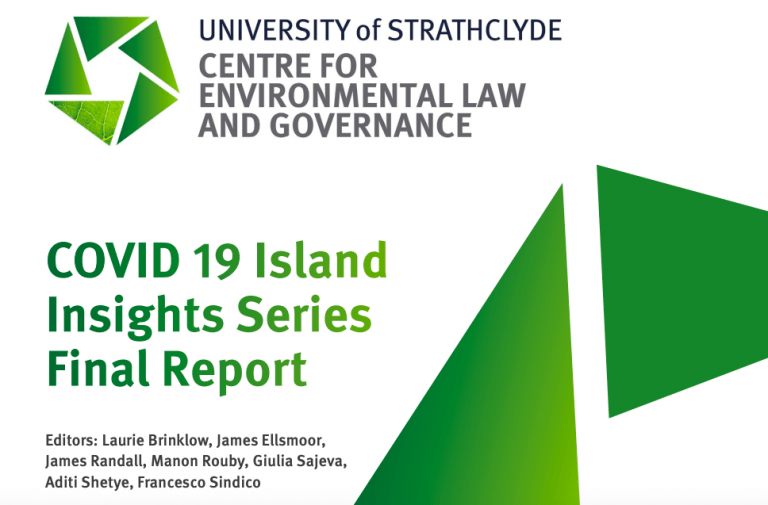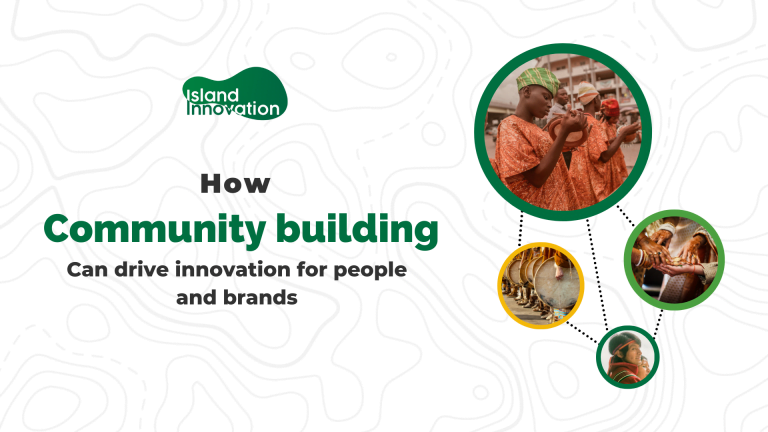Photo: Visit Faroe Islands. Retrieved from positive.news
Excerpt from positive.news
At first glance the Faroe Islands don’t seem to have much tourism to speak of. Single track roads, sheep and floating fish farms, yes. Waterfalls and towering mountains that wouldn’t look out of place in an action film? Again, yes. But tourists? The airport welcomes direct flights from Paris, Copenhagen, Edinburgh and a handful of other cities in Europe, but with its single grassy runway and compact terminal, it’s hardly Heathrow.
Chances are, you haven’t visited the Faroe Islands. You might struggle to pinpoint them on a map. This handful of windswept volcanic rocks erupts out of the North Atlantic Ocean about 300km north of Scotland and 700km southeast of Iceland. But its status as an emerging tourist nation that has allowed the Faroes to do something unique in travel terms: it closes to tourists once a year.
“The Faroe Islands had been successful in increasing tourism for a number of years, giving them a positive challenge,” says Rune Hørslev, a partner at Mensch, the Danish creative agency that came up with the ‘Closed for Maintenance’ concept. “On the one hand, tourism was up, but on the other, they wanted to manage tourism in a sustainable way so the local community would benefit not just in economic terms, but as a society. We came up with the concept of closing down for a weekend.”
During weekends when the islands are closed, 100 places are available on a volunteer scheme where, in exchange for bed, board and a locally-made woolly hat, volunteers will come to work. Their tasks include repairing paths, building cairns, making signs, gates and ladders and creating easier and safer ways to navigate between towns and villages.
It has taken off. The scheme is heavily oversubscribed, with only around 3 per cent of those who apply are accepted. When it launched in 2019, the World Economic Forum named it one of the world’s most innovative initiatives for tourism. Since then it has won multiple tourism and communications awards.
The Faroes aren’t the only place to try out this kind of approach. On the other side of the globe In New Zealand, tourists come to take part in replanting programmes, organic farm work and native bird breeding programmes. And in the Pacific Island nation of Palau, the Ol’au Palau app rewards positive tourism decisions like using reef-safe sunscreen with access to nature-based initiatives usually reserved for locals.

